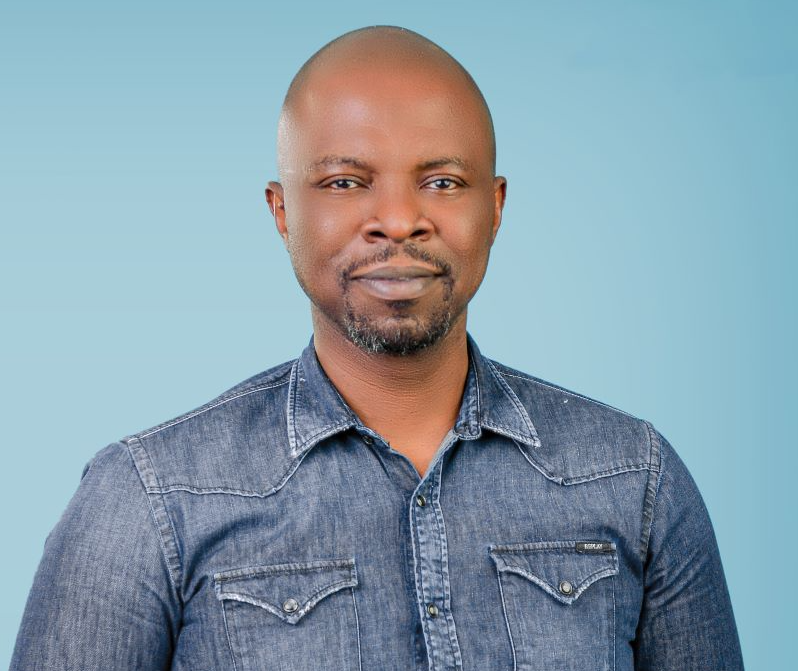Nigerian Edtech startup, uLesson raises $15 million in Series B funding round

Nigerian edtech startup, uLesson, has announced that it has closed a $15M Series-B investment from Nielsen Ventures and Tencent, as well as existing investors, Owl Ventures, TLcom Capital, and Founder Collective.
This fundraise represents the largest investment in an African Edtech company. With the capital, uLesson plans to continue to invest in product development, strengthen its core technology and add cohort-based learning features.
Expanding on its flagship science and mathematics content, the company will add social sciences and financial accounting to the secondary level content library and qualitative and quantitative reasoning to the primary level.
“We’re delighted to be joined by seasoned investors, like Tencent, who brings a wealth of experience from their investments in education technology. Backed by incredible partners, we can accelerate our learning to serve the African edtech market more effectively,” Sim Shagaya, CEO of uLesson said. “We’re thrilled to achieve this major milestone which will take us further in bringing high quality and affordable education to all Africans.”
This funding is coming eleven months after uLesson closed a $7.5 million Series A round led by Owl Ventures, to power its expansion into Eastern & Southern Africa, as well as secure new talent and build its product development and production infrastructure.
Founded by Sim Shagaya in 2019, uLesson offers a suite of educational products — a core curriculum video library, live lessons, and live personalized homework help — that provides holistic learning that is both interactive and tailored to the individual needs of primary and secondary school learners across Africa. Since its launch, uLesson has seen incredible traction from learners.
The uLesson app has been downloaded two million times; 12.3m videos have been watched, and 25.6m questions have been answered. In 2021, daily average users surged 430%, and live lesson demand grew by 222% since their introduction in September.
Africa’s education system is severely challenged. Pupil to trained teacher ratios – 58:1 at the primary level and 43:1 at the secondary level — are some of the highest in the world. Classrooms are poorly equipped and learning outcomes are difficult to ascertain.
Despite the poor state of the education system, African families deeply value education for its ability to unlock opportunities and provide social mobility. African families spend a large share of household income on education with Nigerian families spending up to 25% of income on schooling.
Online learning demand has only accelerated due to the Covid-19 pandemic, leading to enduring behavioral changes among African families. Families have embraced online methods as they have become more cautious in allowing tutors into the home. Uncertainty over future school closures has led to parents investing in smartphones for their children’s schooling. Roughly 50% of uLesson learners use their parents’ handsets.
With 180 field sales agents to onboard schools and individual users across Nigeria, Uganda, Kenya, and Ghana — the countries receiving the most marketing attention from ed-tech startups. uLesson is also available in South Africa, Sierra Leone, the UK, Liberia, Gambia, and the US. Sim Shagaya, the founder and CEO of the startup told TechCrunch that “uLesson has spread in these countries via word of mouth. Nigeria remains the company’s largest market; the country is responsible for 85% of uLesson’s paying users”.
“I truly believe entrepreneurs can change the world. At Founder Collective, I’ve watched Uber upend transportation, Coupang re-envision eCommerce, and I have every hope that uLesson will set new standards for education in Africa,” says David Frankel, Managing Partner at Founder Collective.
“The incredible talent on the continent has been held back for too long by a lack of opportunities. So I couldn’t be a more enthusiastic supporter of Sim Shagaya and his vision for more accessible and affordable educational opportunities for millions of people.”